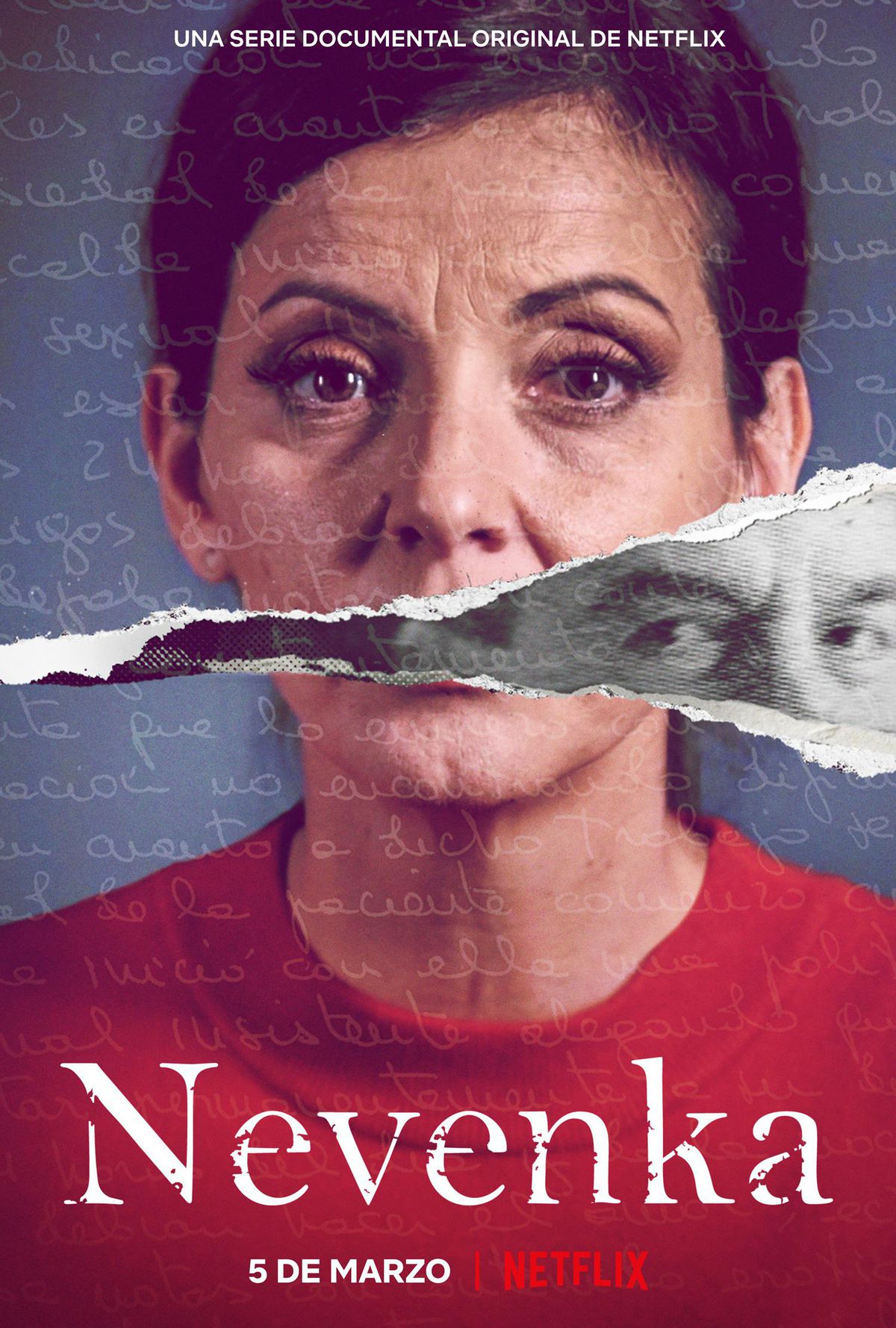[ad_1]

Nevenka Fernández in three-part documentary ‘Nevenka: Breaking the Silence’
Netflix
Nevenka: Breaking the Silence recounts in three parts the events that led to the conviction of Mayor Ismael Álvarez. It is told entirely from the perspective of Nevenka Fernández, the woman who accused him of sexual assault. Álvarez refused to take part in the documentary.
This is a ground-breaking and gripping three-part documentary about a woman who spoke out against sexual harassment twenty years before the #MeToo movement.
Nevenka Fernández was in her twenties when she was elected to the city council of Ponferrada, a northwestern town in Spain. Part of the conservative party, Fernández quickly started working closely with the town’s mayor at the time, Ismael Álvarez. They had a brief affair. But when she decided to call it off, Álvarez began to harass her, making her life “a living hell” as Fernández declared in her statement to the press on March 26, 2001.
It is with this statement that the documentary opens. It is the moment Fernández announced her resignation from the town council and revealed the reasons for doing so. She proceeded to file a complaint against Mayor Ismael Álvarez for sexual harassment.
The case quickly became national news in Spain in 2001 as it was the first time a woman sued a politician for sexual harassment and subsequently won. However, the trial itself proved to be arduous. In another nation’s first, the chief prosecutor, José Luis García Ancos, was deemed unfit and removed from the case for procedural harassment, after being reminded by the judge, when questioning Fernández during the trial, that she was a witness and not the accused.
The mayor of Ponferrada was convicted with a fine of €6,500 and had to pay €12,000 in damages. Álvarez though never stopped denying the accusation, even going as far as portraying himself as the victim. But most importantly, as the documentary shows, support for the mayor persisted. Nevenka Fernández, on the other hand, did not receive support from her peers and colleagues, and the majority of the citizens of Ponferrada appear to disbelieve her version of events.
This is perhaps what is most striking about the documentary, as it shows this systemic refusal to believe victims of harassment, especially if they are beautiful smart young women. In the footage of crowds in support for the mayor outside the courtroom, for example, there are two images that the documentary singles out and repeats across its three episodes: one shows a woman firmly claiming that no one can harass her if she does not let them, while the other sees a different woman proclaiming injustice for the “great” mayor of her town. Two baffling comments that suggest society’s double standards and the complete lack of understanding as to what harassment means. But it also, however, explains why while Álvarez continues to live in Ponferrada, even founding his own independent party, Fernández’s political career ended and she moved out of the country.

News footage of Nevenka Fernández
What is ground-breaking about this documentary is that it brings to the forefront a victim of sexual harassment, and not the aggressor. It tells her story and how her life was affected by this. In doing so, the documentary also clearly defines what constitutes harassment. Calling someone 30 times a day, for example, isn’t normal behavior.
Maribel Sánchez Maroto, who directed the three episodes, finely structures this documentary to great effect encompassing the full impact sexual harassment has on victims. Through Fernández’s direct testimony to the camera, the documentary thus details the torment and humiliation the young councilwoman was subjected to, and the mental toll it had on her. This has pursued Fernández long after Álvarez was convicted.
It would be easy to watch this documentary and think how different things were twenty years ago. This is sadly far from true. Little seems to have changed since then, not only in Spain but around the world. Only a couple of months ago, a video circulated in social media showing Brazilian MP Isa Penna being sexually harassed by one of her colleagues, Fernando Cury, in the middle of the Legislative Assembly of Sao Paulo.
Nevenka: Breaking the Silence sheds light to what harassment is and the damaging effects it has on victims. This is an excellent documentary that grips the audience’s attention and gives plenty of food for thought about what this twenty-year old case means today.
[ad_2]
